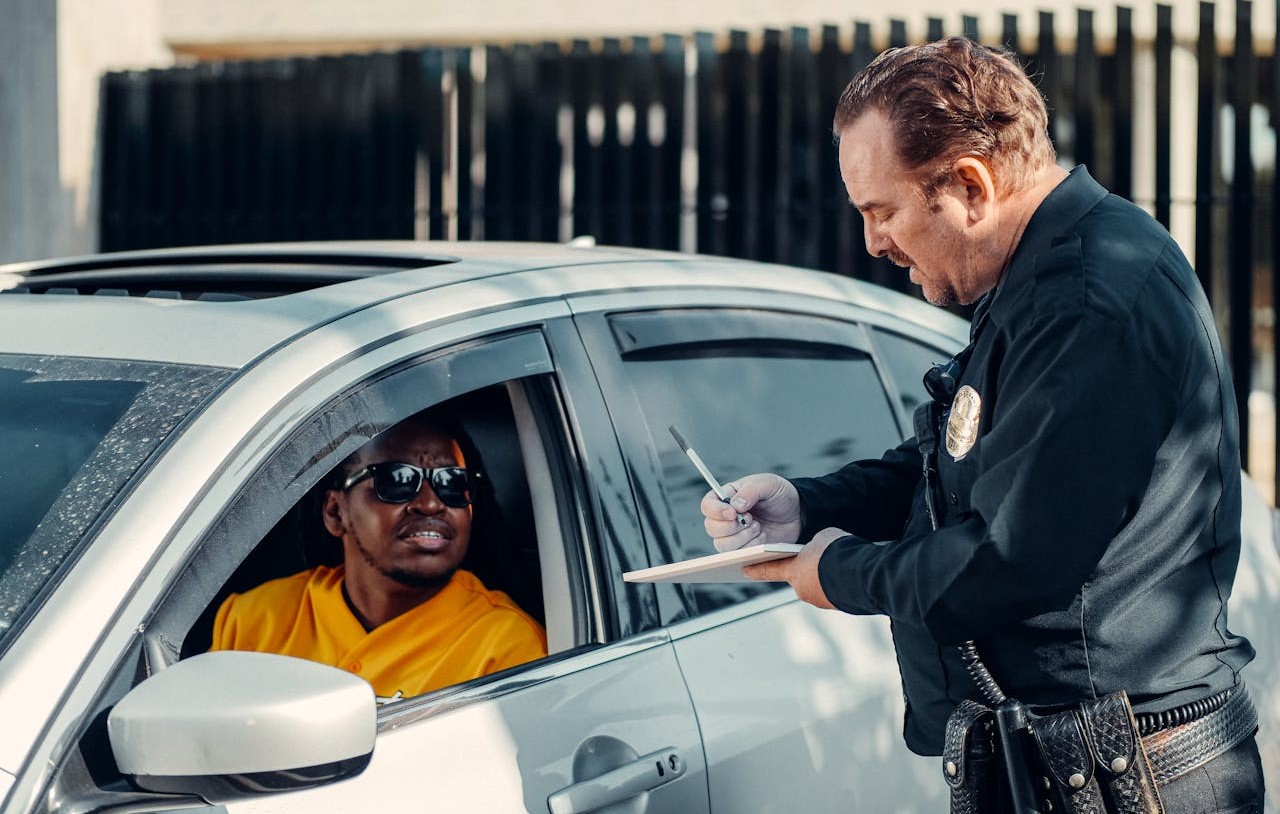- A Next City op-ed pushes back on the idea that stepped-up traffic enforcement can save lives, citing police violence against Black and brown drivers and more effective solutions like safer street design.
- Lyft is getting rid of its dockless bikes and scooters (CNBC) but doubling down on e-bike rentals (Tech Crunch).
- Dayton, Ohio's bike share is shutting down. (WHIO7)
- The U.S. DOT is proposing a rule beefing up accessibility standards for sidewalks, crosswalks and other pedestrian facilities. (Smart Cities Dive)
- In August, Indianapolis passed a Vision Zero policy. The same month, drivers hit 103 cyclists and pedestrians, killing seven. (WTHR)
- In Houston, 158 people were murdered in the first half of 2024, and 169 died in car crashes. (Axios)
- The Charlotte city council voted to ask the North Carolina legislature to put a transportation tax on the November 2025 ballot, and to buy an unused freight line if the referendum passes. (WFAE)
- Light rail construction in Denver is complete, but service won't resume for another month. (Colorado Public Radio)
- Maryland cut $1.3 billion from its six-year transportation plan, including funds for sidewalks, intersection improvements and electric buses. (Washington Post)
- Washington, D.C. has ticketed almost 150,000 drivers for blocking bike lanes, fining them a total of $15 million, since enforcement began nine months ago. (NBC Washington)
- A Philadelphia bill would step up enforcement against drivers who stop in bike lanes. (Inquirer) They also ended an exemption that let congregants at religious institutions park in them on worship days. (Streetsblog)
- Seeking more jobs and housing, Atlanta banned data centers near transit stations and the Beltline trail, but some megaprojects are moving forward anyway. (AJC)
- The Twin Cities' Metro Transit is restructuring local and express bus routes in response to changing commute patterns post-pandemic. (MinnPost)
- The Milwaukee County Transit System shelved a bus rapid transit project to save money on operating costs and stay solvent until 2028. (Urban Milwaukee)
- St. Louis was built for cars at the expense of vibrant city life and social connections. (NextSTL)
- By lowering speed limits, installing enforcement cameras, and building bike and pedestrian paths, Finland cut road deaths by almost 30 percent in the past decade. (Forbes)
- It may seem odd that Air Canada is backing a high-speed rail line between Toronto and Quebec City, considering it flies that route, but it could be so the airline can gather valuable data about travel patterns. (The Star)
- As more EVs are sold in the rich nations, the gas-guzzlers they ultimately replace are flowing to the Global South, where they continue to pollute. (Vox)
- Denmark has one mobility app to rule them all. (Smart Cities World)
Friday’s Headlines Fought the Law and the Law Won
Next City examines the link between traffic enforcement and traffic safety, and concludes that enforcement is only effective when it targets truly dangerous behavior.
Stay in touch
Sign up for our free newsletter
More from Streetsblog USA
Tuesday’s Headlines Went the Wrong Way
Multi-lane one-way streets: bad. Single-lane two-way streets: good.
What It Would Take to Map Every Sidewalk In Your State
States and tech companies keep detailed records of virtually every driving lane in America — but not every sidewalk. Until now.
New Calif. Legislation, Backed by Bike Safety Groups, Proposed to Regulate E-Motos/E-Bikes
Electric bicycles are transforming how Californians get around, but the rapid rise of high-powered electric devices has created confusion that puts people at risk,” said Marc T. Vukcevich, Director of State Policy for Streets For All.
The Wonders of Biking in Taiwan
One of San Francisco's most notable urbanists explores Taipei's night markets and bike infrastructure. He wonders: can San Francisco adopt their biking culture?
Why Is the Governor of New York Trying to Make It Easier to Deny Traffic Violence Victims Insurance Payouts?
The governor is still fighting to make it cheaper to drive with a reform that would reduce compensation to some crash victims.
Study: Most Of America’s Paint-Only Bike Paths Are On Our Deadliest Roads
Even worse, most Americans see these terrible lanes and think, "I'd be crazy to ride a bike" — and the cycle continues.






